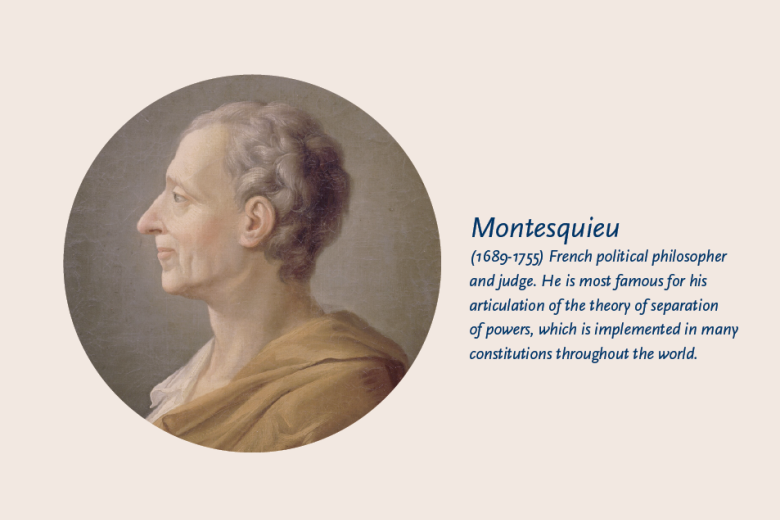With a social loan system we lose more than we gain
A few days ago the first chamber of the Dutch parliament finally agreed to amend the Law on study finance (Wet studiefinanciering 2000) so as to introduce a ‘social loan system’. In essence, the amendment implies that future students will no longer receive basic support (basisbeurs) in the form of a so-called performance grant (‘if you obtain your degree, the money is free’), but solely in the form of loan.
This latest move has pushed the Netherlands further on the road to a ‘commodification’ of higher education and this is to be regretted. The higher education policy of the Netherlands is increasingly market-oriented. Slogans such as ‘Studeren is investeren!’ (studying is investing), combined with the yearly price-indexed increase in tuition fees, are clearly meant to mobilise private resources in the financing of higher education. Moreover, the goals of higher education are increasingly defined in terms of market values. Whereas the Wet op het hoger onderwijs en wetenschappelijk onderzoek (Law on higher education and scientific research) still refers to individual and societal progress and encapsulates the idea of education as Bildung, the overarching Strategic Agenda for Higher Education is full of references to the need for labour market relevance of education and research valorisation. Similar rhetoric is visible at the European level. For example, the Commission’s vision on an agenda for the modernisation of Europe’s higher education systems has the telling headline of: ‘Supporting growth and jobs’.
Higher education in terms of organisation, financing and perceived goals is thus increasingly just viewed as a means to generate human capital, which in turn should push economic growth. While undoubtedly very important, there is a real danger here of forgetting what education is truly about. Higher education in particular is about developing autonomous individuals, active and socially responsible citizens, capable of critical thought and, as Martha Nussbaum puts it, ‘narrative imagination’ (the capacity to put oneself in another’s shoes).[1] These are all founding elements of any well-functioning social and political community, inhabited by other-minding individuals and not by factors of production.
By introducing market principles in the field of higher education, one risks missing out on these critically important dimensions of higher education. In addition, one risks ‘soft degrees’ being undervalued in comparison with ‘hard degrees’ (economics, business studies) more likely to generate the income necessary to repay study loans. Last but not least, there is the risk of discouraging and undermining curiosity-driven research in favour of ‘marketable innovation’.
[1] See M. Nussbaum, ‘Education for Citizenship in an Era of Global Connection’, 21(4-5) Studies in Philosophy and Education (2002) 289.
-
House of Cards: when your worst enemy is one of your own
In the 1980s, in the heyday of Thatcherism, Scottish actor Ian Richardson starred in the leading role of Francis Urquhart in the BBC series House of Cards. In it, Urquhart, who starts out as the Chief Whip for the Conservative government led by Thatcher’s fictional successor, schemes against and...

-
Johan Rudolph Thorbecke
(1798-1872). Dutch liberal statesman. Drafted the 1848 revision of the Dutch Constitution that established the parliamentary system.

-
Montesquieu
Since the educational spaces in our faculty have all been named, we would like to tell about the background of the elected jurists and cases. Through a series of blogs we want to make the names come to life and show that our building houses a legal faculty. After all, not everyone knows all the ins...
